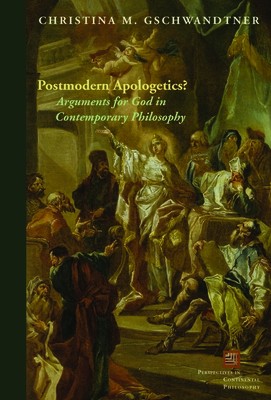
- We will send in 10–14 business days.
- Author: Christina M Gschwandtner
- Publisher: Fordham University Press
- ISBN-10: 0823242757
- ISBN-13: 9780823242757
- Format: 15.2 x 22.6 x 2.3 cm, minkšti viršeliai
- Language: English
- SAVE -10% with code: EXTRA
Reviews
Description
This book provides an introduction to the emerging field of continental philosophy of religion by treating the thought of its most important representatives, including its appropriations by several thinkers in the United States.
Part I provides context by examining religious aspects of the thought of Martin Heidegger, Emmanuel Levinas, and Jacques Derrida. Christina Gschwandtner contends that, although the work of these thinkers is not apologetic in nature (i.e., it does not provide an argument for religion, whether Christianity or Judaism), it prepares the ground for the more religiously motivated work of more recent thinkers by giving religious language and ideas some legitimacy in philosophical discussions.
EXTRA 10 % discount with code: EXTRA
The promotion ends in 21d.16:39:11
The discount code is valid when purchasing from 10 €. Discounts do not stack.
- Author: Christina M Gschwandtner
- Publisher: Fordham University Press
- ISBN-10: 0823242757
- ISBN-13: 9780823242757
- Format: 15.2 x 22.6 x 2.3 cm, minkšti viršeliai
- Language: English English
This book provides an introduction to the emerging field of continental philosophy of religion by treating the thought of its most important representatives, including its appropriations by several thinkers in the United States.
Part I provides context by examining religious aspects of the thought of Martin Heidegger, Emmanuel Levinas, and Jacques Derrida. Christina Gschwandtner contends that, although the work of these thinkers is not apologetic in nature (i.e., it does not provide an argument for religion, whether Christianity or Judaism), it prepares the ground for the more religiously motivated work of more recent thinkers by giving religious language and ideas some legitimacy in philosophical discussions.


Reviews